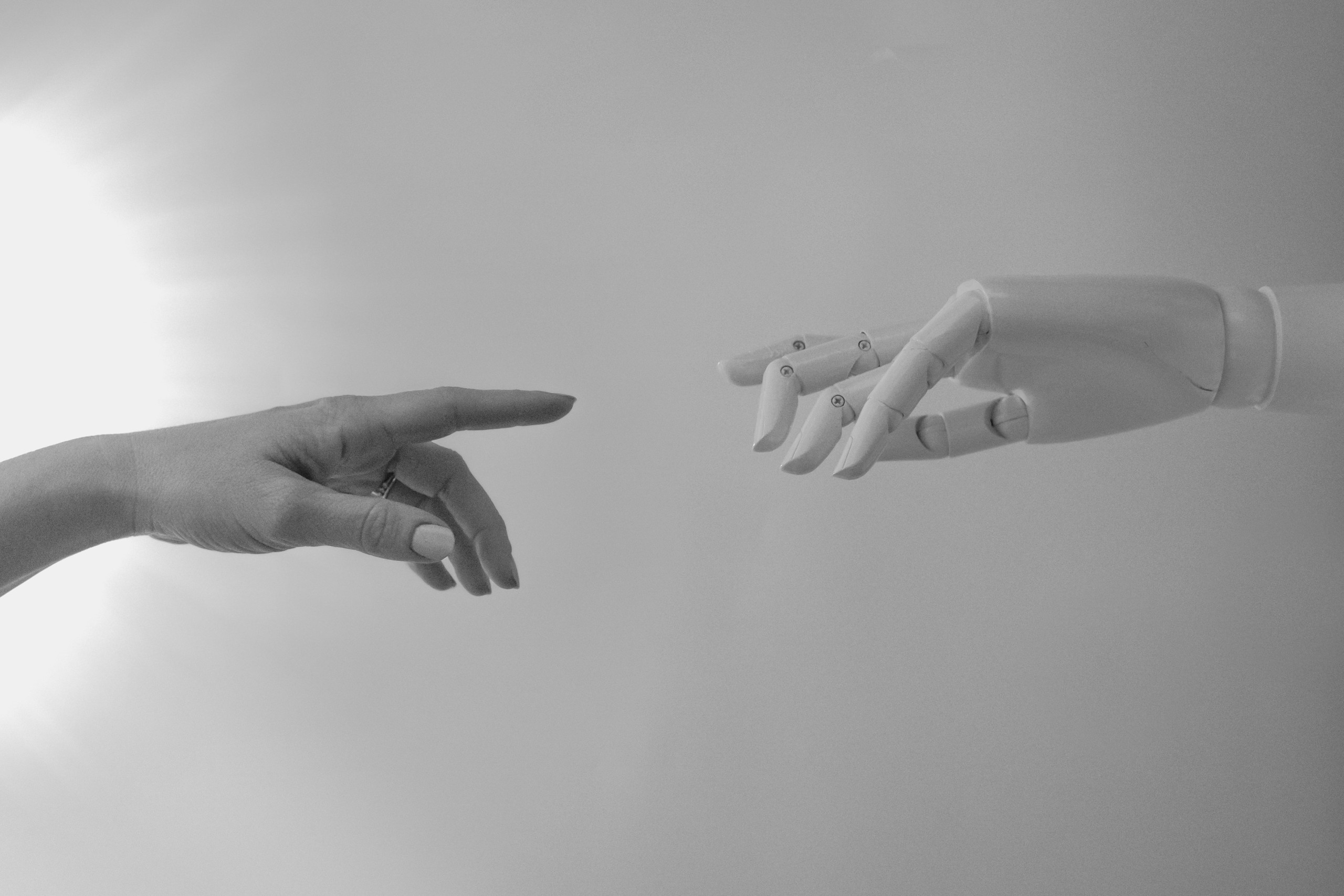Have you ever wanted to have a complete conversation with artificial intelligence? OpenAI’s advanced chatbot ChatGPT uses prompts to generate all kinds of texts from poems and lyrics to essays and articles. Despite the fun of submitting prompts, reading the chatbot’s responses, and marveling at such remarkable technology, OpenAI has admitted some of the chatbot’s limitations on their website, including the facts that “ChatGPT sometimes writes plausible-sounding but incorrect or nonsensical answers” and “will sometimes respond to harmful instructions or exhibit biased behavior.”
Open AI’s image generator Dall-E has also garnered considerable attention. It can generate an image based solely on a text description. However, experts are finding that these generated images often morph together images plagiarized from other artists to generate a response to the prompt.
As researchers evaluate how this type of artificial intelligence could spread misinformation, paraphrase or plagiarize other sources to generate texts, and jeopardize the development of creative skills, we are here to help you steer clear of its negative effects. Use the following resources to find reliable, original, credible, and even peer-reviewed information:
- Not only does our Library’s collection contain books, ebooks, and audiobooks written by experts and researchers on a huge range of subjects, but we can also request more titles through our interlibrary loan system.
- With your library card, you can access Great Courses audiobooks and MasterClass videos from experts like astrophysicist Neil Degrasse Tyson and chef Gabriela Cámara through the Hoopla app.
- The databases available through Inspire have encyclopedia articles, scholarly essays and articles, Consumer Reports data, and references for reliable medical and legal information.
- To debunk possible misinformation about the past, access newspaper archives through Newsbank, genealogical resources like Ancestry Library, our local history archives online or in the local history room at the Library.
- As impressive as AI generated images can be, you can enjoy the works of local, human artists and craftsmen at the Library. We have both permanent fixtures from local artists and rotating galleries and displays regularly filled by local creatives.
To learn more, check out the titles below:
Books about artificial intelligence:
Prediction Machines by Ajay Agrawal, Joshua Gans, and Avi Goldfarb
Age of Artificial Intelligence by Kirk Terrel
Artificial Intelligence: an Illustrated History by Clifford A. Pickover
Against Reduction: Designing a Human Future with Machines by Noelani Arista and Sasha Costanza-Chock
Books on fake news and misinformation:
For teens:
True or false: a CIA analyst’s guide to spotting fake news by Cindy L. Otis
Science and the Skeptic: discerning fact from fiction by Marc Zimmer
For adults:
Debunk It: how to stay sane in a world of misinformation by John Grant
Everydata: the misinformation hidden in the little data you consume every day by John H Johnson
For kids:
Can you believe it? : how to spot fake news and find the facts by Joyce Grant


